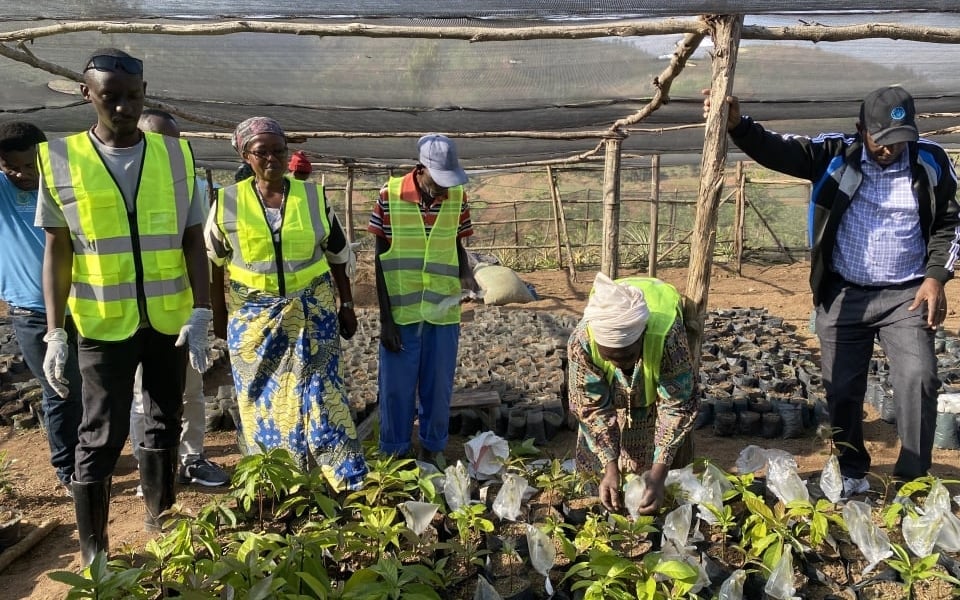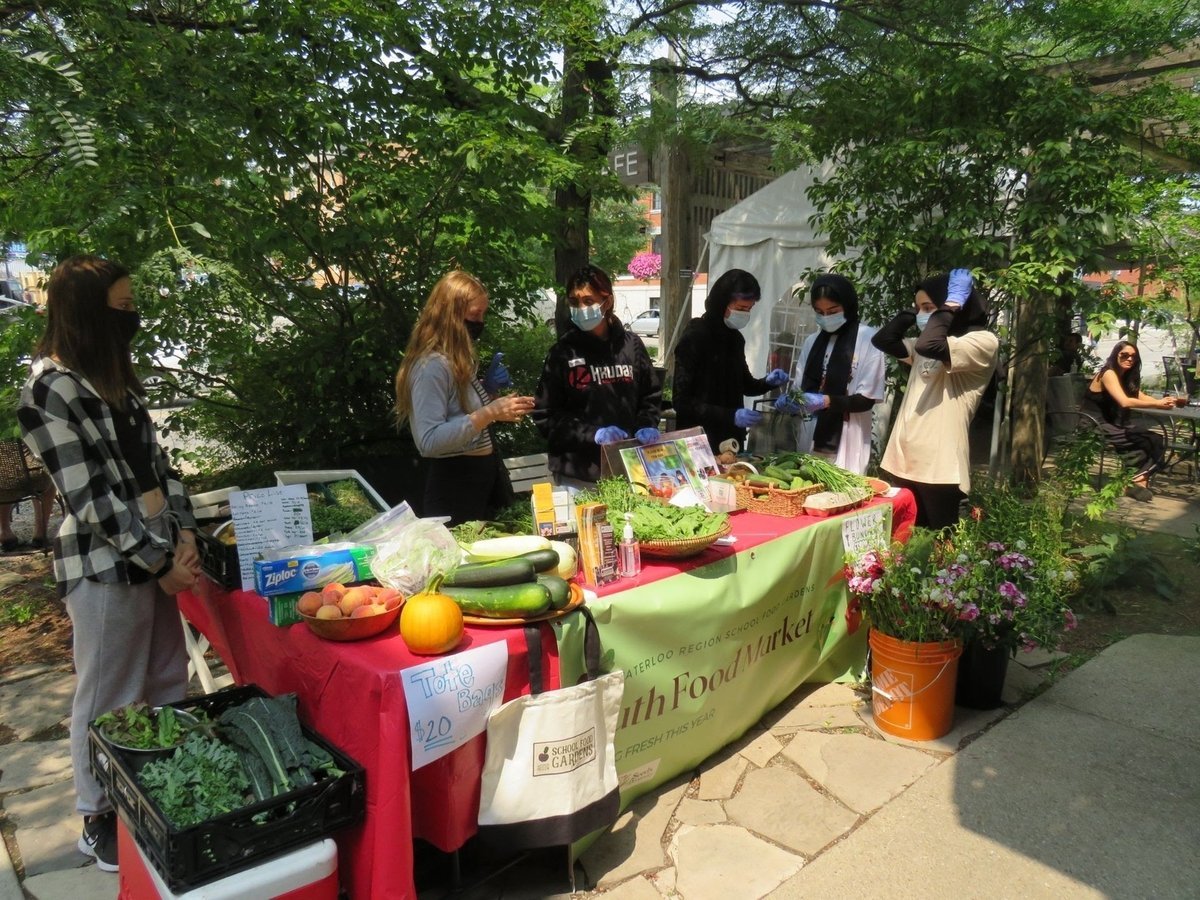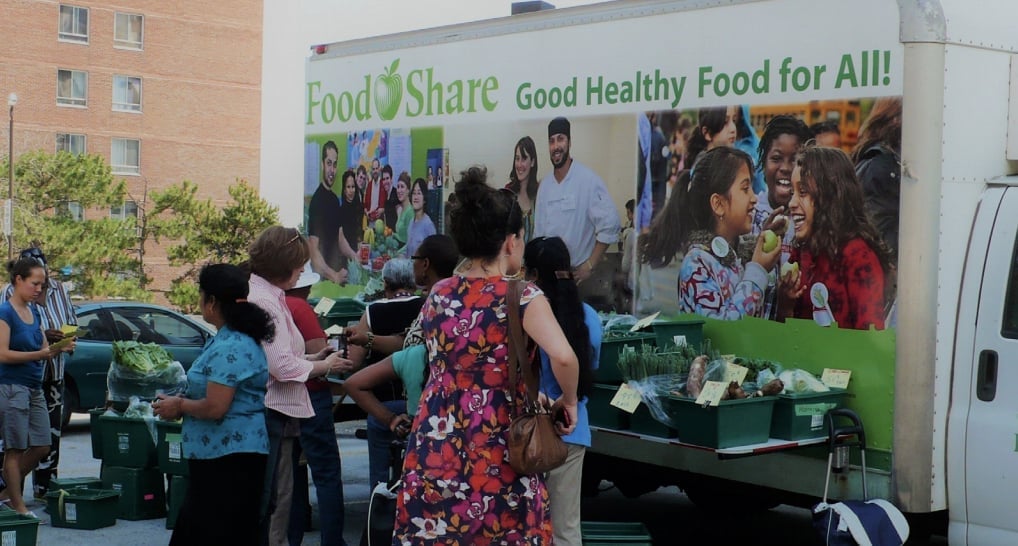December 9, 2025 | 23:51 GMT +7
December 9, 2025 | 23:51 GMT +7
Hotline: 0913.378.918
December 9, 2025 | 23:51 GMT +7
Hotline: 0913.378.918
The expert team from the Alliance Bioversity International and CIAT conducted a case study on food systems in several representative countries around the world. At the Consultation Workshop on the Draft Project Implementation Plan (PIP) for the National Action Plan on Transparent, Responsible, and Sustainable Food Systems Transformation in Vietnam to 2030 (Hanoi, June 24), Mr. Mark Lundy - Global Lead of the Food Environment and Consumer Behavior Team at the Alliance - presented the research findings. He highlighted that while each country has its own approach tailored to its specific context and development goals, they all emphasize cross-sectoral coordination, inclusive integration, and a people-centered focus.
The Consultation Workshop is co-organized by UNDP in Viet Nam and the Ministry of Agriculture and Environment as part of the UN Joint-SDG Programme “Promoting innovation in partnership mechanisms and financing for the transformation of the food system in Vietnam in the period 2024-2025”, co-implemented by UNDP, FAO and IFAD.

Impacts become visible once food systems are approached holistically, supporting the entire network of production, processing, distribution, and consumption - also from farmers and processors to small traders and wholesalers. Photo: Science Africa.
In Rwanda, the food systems approach is integrated into the Strategic Plan for Agriculture Transformation (PSTA5), accompanied by an inter-ministerial working group led by the Ministry of Agriculture and Animal Resources. The country places strong emphasis on balancing short-term gains from exports with long-term domestic growth, thereby reducing dependency on external markets while maintaining development momentum.
Rwanda has heavily invested in post-harvest value chains, strengthened multi-party and multi-market linkages, and improved logistics efficiency. Notably, the country has established dialogue forums that integrate multi-sector and multi-stakeholder perspectives. A major innovation is the high-level performance evaluation mechanism known as Imihigo, which enhances accountability among leaders at all levels and ensures effective policy implementation.
Cameroon highlights the prioritization of three key areas for integration among food systems, climate, and biodiversity. These include: Investing in the rice value chain through productivity improvements, drought-tolerant varieties, and methane reduction; Transitioning to agroecological approaches for key crops (cassava, maize, millet) and livestock (poultry, eggs, aquaculture), with local breed diversification; Reducing import dependence by increasing domestic production and encouraging local consumption.
To promote effective inter-sectoral collaboration, Cameroon emphasizes the importance of a unified vision across ministries, identifies cross-cutting priority areas, and designates lead agencies for inter-ministerial coordination. It also fosters cross-referencing among priority areas and allocates dedicated funding to enhance collaborative efforts.
In Brazil, President Lula da Silva’s administration has prioritized the national “Zero Hunger” strategy to address the food security crisis exacerbated by the Covid-19 pandemic. Within this framework, the school meals program stands out as a key policy, featuring a multi-level approach with wide-ranging benefits.
The government provides healthy food to students sourced from smallholder farmers, supports the development of agroecological farming, empowers rural women, and strengthens protection of the Amazon rainforest. Beyond improving child nutrition, the program has revitalized small-scale agriculture post-pandemic, stimulated domestic consumption, and ensured food security for vulnerable populations. It serves as an ideal model for connecting production and consumption with broader social welfare policies.

Encouraging youth engagement in food systems. Photo: Seeds of Diversity.
Similar to Brazil, the Covid-19 pandemic exposed significant vulnerabilities in the UK’s food system. In response, the country has embraced the City Region Food System (CRFS) model, which places cities and their surrounding areas at the center of food system transformation. Within this model, all elements, processes, and relationships, from food production, processing, and distribution to consumption, operate within a closed loop inside a defined urban region.
The UK has implemented concrete circular economy initiatives, such as repurposing dairy industry by-products as pig feed, using surplus bakery yeast in breweries, and recycling aquaculture waste to grow vegetables. These innovations reduce waste and optimize resource use simultaneously.
Additionally, the UK has established a dedicated center for addressing food loss and waste, with a mission to raise public awareness and promote responsible consumption behaviors.
Elsewhere in Europe, Denmark has taken bold steps in agricultural reform through initiatives aimed at reducing greenhouse gas and nitrogen emissions, restoring peatlands for ecological recovery, and promoting the development of organic farming. Of particular note is Denmark’s investment in plant-based food systems and green protein sources.
At the same time, the country has harmonized food system policies with age-specific dietary guidelines. This integrated approach effectively connects sustainable food production, environmental protection, and consumer health.

To meet the growing demand for food in urban areas, both public and private sectors need to accelerate the development and implementation of innovative food system strategies at the city-region scale. Photo: RUAF.
According to Mr. Mark Lundy, transforming food systems is a complex policy process that requires a combination of transparency, inclusiveness, and coherence across multiple levels. A modern food system must go beyond simply serving production and consumption. It must also align with climate goals, public health objectives, and the protection of biodiversity and local environments.
Vietnam is finalizing the Draft Project Implementation Plan for Decision No. 300/QD-TTg, issued by the Prime Minister on March 28, 2023, which approves the National Action Plan for the Transparent, Responsible, and Sustainable Transformation of the Food System in Vietnam to 2030. The participation of stakeholders, from central and local government agencies to civil society organizations and the private sector, is recognized as a crucial link in this process.
Translated by Kieu Chi

(VAN) Bach Ma National Park will continue to conserve biodiversity in ASEAN, aligned with sustainable agriculture and environmental development goals.

(VAN) Pu Mat National Park is a green gem of Nghe An province, and its value is further elevated after being officially recognized as an ASEAN Heritage Park.

(VAN) EU expects Viet Nam to seize the chance and comply with green standards to make strong breakthroughs in exporting high-quality agricultural products.

(VAN) These meaningful messages from international partners affirm VAN News' increasingly solid standing.

(VAN) Former Minister Pham Khoi Nguyen expressed his hopes for VAN News as it embarks on a new chapter marking 80th anniversary.
![Hue aims for Net Zero: [5] Building a green and sustainable city](https://t.ex-cdn.com/nongnghiepmoitruong.vn/608w/files/content/2025/12/03/bai-5-anh-6-105459_830-111605.jpg)
(VAN) Hue City continues its efforts to build and maintain a green, sustainable, and environmentally friendly city, joining the Government in pursuing the goal of Net Zero by 2050.

(VAN) After 10 years of operation, Aus4Skills has awarded more than 500 scholarships and enhanced the skills of over 40,000 students, contributing to the strengthening of the strong relationship between the two countries.